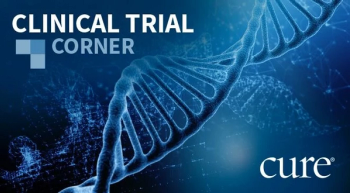
Here is a list of some recent trials that launched within the cancer space in March.

Here is a list of some recent trials that launched within the cancer space in March.
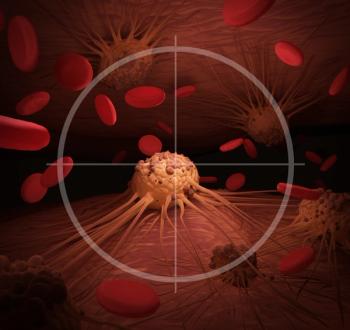
The FDA’s fast track designation to poziotinib for use in previously treated patients with non-small cell lung cancer whose disease harbors a certain genetic mutation, may open the doors to an accelerated approval.
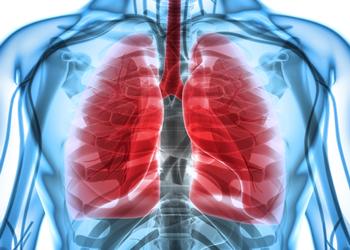
In the field of lung cancer, a number of current studies evaluating the efficacy of adoptive cellular therapies may one day offer patients with non-small cell lung cancer a “high risk, high reward” treatment option, according to Dr. Ben Creelan of the Moffitt Cancer Center.
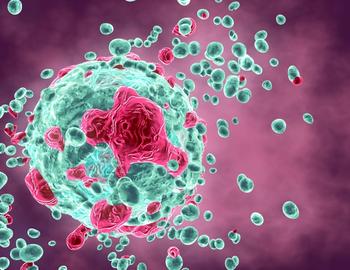
A trial investigating a novel drug plus the chemotherapy docetaxel failed to show a survival benefit in patients with previously treated locally advanced or metastatic non–small cell lung cancer.

As the population ages, the incidence of older adults being diagnosed with lung cancer is increasing, though data on how to specifically treat this population are lacking.

The National Comprehensive Cancer Network (NCCN) recently released the best practices for the management of COVID-19 infection in patients with cancer.

The FDA’s recent approval of Cosela to reduce the frequency of chemotherapy-induced bone marrow suppression in adults who are receiving certain types of chemotherapy for extensive-stage small cell lung cancer is a “breath of fresh air,” according to an expert.

An expert discusses ways that small cell lung cancer is diagnosed, how to treat it and how to pivot if the disease spreads or recurs. He also focuses on efforts in the clinical trial space to potentially treat patients more effectively.

The US Preventive Services Task Force now recommends lowering the age and smoking history requirements for people to receive annual lung cancer screening.
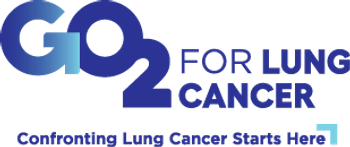
The GO2 Foundation for Lung Cancer (GO2 Foundation) announced its leadership in the launch of an important multi-institutional study to determine how to improve the participation of Black communities in lung cancer clinical trials.

A roundup of some of the latest news and updates for patients with lung cancer from CURE®.
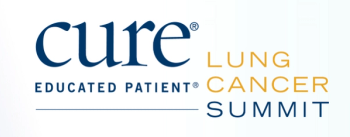
View the full CURE Educated Patient Lung Cancer Summit on demand.

Merck – the manufacturer of Keytruda (pembrolizumab) – is pulling the immunotherapy drug’s indication for patients with metastatic small cell lung cancer whose disease progressed on or after platinum-based chemotherapy and one or more prior line of therapy.

The International Association for the Study of Lung Cancer recently joined more than 100 cancer centers and organizations in urging leading public health officials to prioritize administering the COVID-19 vaccine to cancer survivors and patients undergoing treatment for the disease.
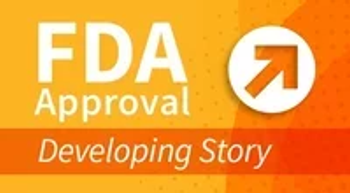
This approval expands a previous accelerated approval of the drug in 2018, allowing it for use in patients with brain metastases.
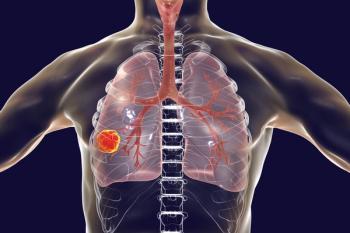
The data, according to the study authors, confirm a recent Food and Drug Administration approval of the regimen and support its use in the front-line treatment of patients with advanced non-small cell lung cancer.
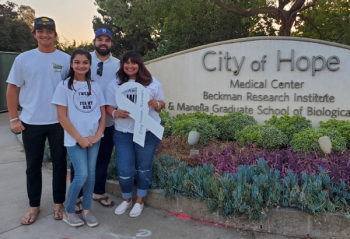
A young mother and athlete discusses receiving a shocking diagnosis of stage 4 lung cancer and her incredible response to treatment with a single, targeted drug.
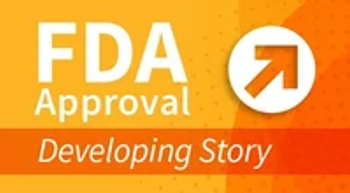
The Food and Drug Administration has approved first-line Libtayo (cemiplimab-rwlc) monotherapy for patients with advanced non-small cell lung cancer with a PD-L1 expression of 50% or greater.
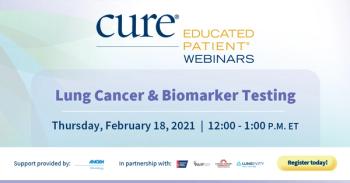
Watch CURE®'s EDUCATED PATIENT® Webinar: Know Your Lung Cancer: Accelerating Education and Access for Biomarker Testing.

Former longtime Kansas senator Bob Dole announced that he will be undergoing treatment for lung cancer next week.
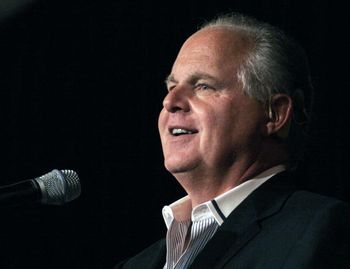
Conservative radio host Rush Limbaugh, 70, has died after receiving an advanced lung cancer diagnosis one year ago.

The FDA approved Cosela, a first-in-its-class therapy to reduce the frequency of chemotherapy-induced bone marrow suppression in adults receiving certain types of chemotherapy for extensive-stage small cell lung cancer.

CURE will host a webinar, sponsored by Amgen, in which panelists from several cancer organizations will discuss ways to improve awareness around biomarker testing, improve coordination of care for patients with lung cancer and remove barriers to access to care.

The Food and Drug Administration has granted an accelerated approval to Tepmetko for the treatment of adults with metastatic non-small cell lung cancer (NSCLC) whose disease harbors mesenchymal-epithelial transition (MET) exon 14 skipping alterations.

Treatment with sotorasib induced a 6.8-month median progression-free survival in patients with KRAS G12C–mutated advanced non-small cell lung cancer.